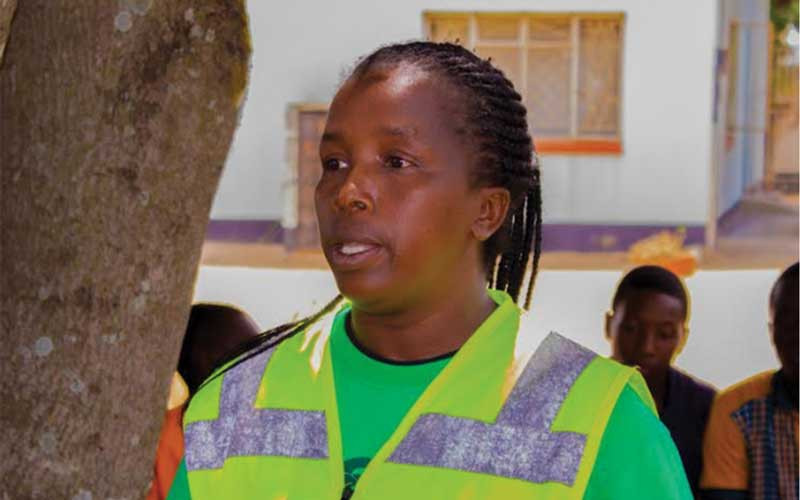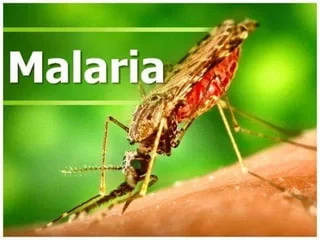
A GROUP of teenagers sat attentively and responded to orders accompanying their names as their mentor Abigail Moyo called them to share their experiences.
These are adolescents who had become deviants with some being labelled societal misfits.
But for Moyo, changing their behaviour for the best is not a challenge as she has mastered the art.
“It is possible to change a child’s behaviour. It only takes patience and persistence to initiate change. There is no such thing as wayward and difficult behaviour,” she said.
Moyo is a Sister2Sister mentor under the National AIDS Council (NAC) programme which focuses on adolescent girls aged between 10-24 years in an effort to teach them on HIV prevention in Dete, Matebeleland North province.
The country is implementing a raft of measures in a bid to end Aids by 2030.
Moyo has become a mother figure in the society she serves so diligently.
“I feel sad seeing a child presenting wayward behaviour, especially in this era of HIV and Aids as well as the drug use scourge that is destroying our society,” she said.
- Mavhunga puts DeMbare into Chibuku quarterfinals
- Bulls to charge into Zimbabwe gold stocks
- Ndiraya concerned as goals dry up
- Letters: How solar power is transforming African farms
Keep Reading
One of her male mentees, 15-year-old Methuseli Maphisa (not his real name) started using drugs at 12.
“He used to physically attack his father. We felt sorry for the old man and chipped in to assist and rehabilitate him. He is now quite changed and is doing very well.”
“This is why we say there is no such thing as failing to change children.”
Moyo has come up with positive solutions for a sad generation, which is weighed down by many factors including unemployment, substance abuse, poverty, climate change, among others.
Her current group comprises 50 boys and girls who she takes through an intensive year-long mentorship programme.
The mentees are into gardening, chicken rearing among other income-generating projects.
“I realised we have to train them to generate income at an early stage so as to ensure that they are not sexually abused by older men and contract HIV in the process,” Moyo said.
Moyo said the proceeds realised from their hard work is used to pay tuition and examination fees for the adolescents and as well as buying their personal needs.
“As for Methuseli, I made him my best friend and will never leave him. He is always by my side. It was then easy for me to train him to quit drug abuse bit by bit. I was even worried for his health and took him for necessary tests and made sure he was okay,” she said.
About 35 of her mentees have gone for HIV testing, something she uses to motivate them to “keep safe”.
“We have managed to take 35 girls out of the 50 boys and girls for HIV testing. They know their status. We do not force them but just teach them. They voluntarily opt for testing. They are accompanied by their parents or guardians who would have consented to the testing,” she said.
Apart from HIV lessons, they are also taught on the dangers of drug abuse.
“If we keep them busy, they won't go for alcohol and drugs and will also not have relationships with people older than them,” she said.
The NAC-led Sister2Sister programme, introduced in 2006, stands as a beacon of hope in the fight against the pressing societal issues. Its primary objective is to enhance the self-efficacy of young women by granting them access to integrated HIV prevention, sexual reproductive health and gender-based violence services.
By empowering these young women to make responsible reproductive health decisions, such as delaying engagement in sexual activities, standing up against child marriages, reducing teenage pregnancies and reporting sexual abuse, the programme strives to transform lives.
Zimbabwe is decentralising HIV prevention and care programmes to the grassroots in line with this year’s World Aids Day theme: Let communities lead.
Nearly 24 400 AGYW received US-led Determined, Resilient, Empowered, Aids-free, Mentored and Safe (Dreams) services in 16 districts of Zimbabwe in FY2023 alone.
Dreams support includes HIV prevention, pre-exposure prophylaxis (PrEP) to help prevent them from contracting HIV, economic strengthening initiatives, educational subsidies, and complementary services for orphans and vulnerable children.










